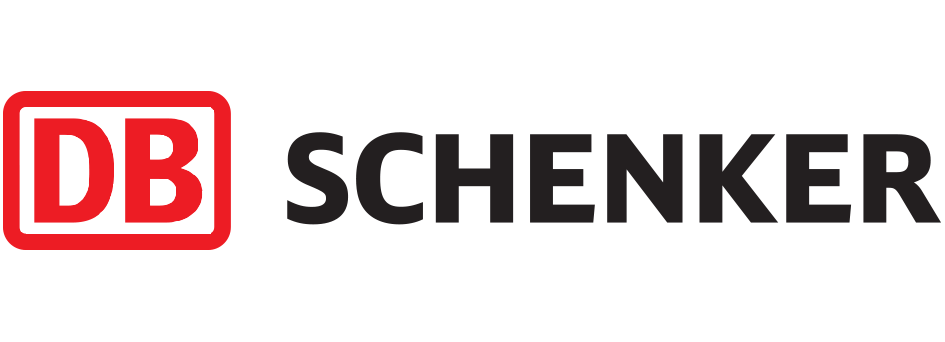DB Schenker starts new chapter in green transport
DB Schenker is expanding its portfolio of climate-friendly logistics solutions, opening the next chapter in green transport in air freight. Customers now have the option of choosing Sustainable Aviation Fuel (SAF) for their air transportation from any airport in the world, regardless of aircraft type and airline. By allocating the biofuel accordingly, it is possible to avoid up to 100 percent of CO2 emissions.
Jochen Thewes, CEO of DB Schenker: “We are very proud of our unique pioneering project, which we launched in 2021 with our strong partner Lufthansa Cargo. Today, we are going one step further and building a global green network for air freight. We have purchased large quantities of biofuel to drive the decarbonisation of our industry. DB Schenker customers can now book SAF virtually on all conceivable routes. It is precisely this new flexibility that is a success factor and good for the climate. Every tonne of biofuel counts.”
Thorsten Meincke, board member for Air and Ocean Freight at DB Schenker: “Reducing the CO2 footprint in supply chains is not only possible in the distant future, but already today. Yes, sustainability comes at a price. But now there is a choice everywhere and at any time: No DB Schenker customer still has to use traditional kerosene for its air freight. We hope that this message will give a further impetus towards sustainability in aviation. Customers who have already tested our SAF offer or are already using it regularly are very satisfied.”
SAF is a proven alternative fuel produced from renewable waste and residues such as used frying oil. The CO2 released during combustion in the engine is exactly the CO2 extracted from the atmosphere during the photosynthesis of the plants from which the oils are extracted. DB Schenker only uses biofuel that is certified free of palm oil. Currently, SAF is three to five times more expensive than conventional fossil fuel.
Customers who choose to pay the surcharge for a virtual allocation of SAF for their air cargo shipment will receive certification for their ESG reporting for the exact amount of greenhouse gases avoided. While the actual physical use of SAF can take place on different flights, the climate is also protected identically, since the CO2 emissions of a flight or a shipment with conventional kerosene are avoided. This process is called virtual allocation. It can also be applied to the upstream emissions generated during the production and transport of the biofuel.
The new global offering complements DB Schenker’s weekly full charter service between Germany and China, which started in spring 2021 and is still the only regular cargo flight worldwide to be fully covered by SAF. Together with Lufthansa Cargo, more than 150 return flights have already been operated between Frankfurt and Shanghai, which have avoided a total of more than 40,000 tonnes of CO2e. Individual SAF agreements with other airline partners, such as the recent acquisition of SAF credits from Singapore Airlines, will also be continued.


